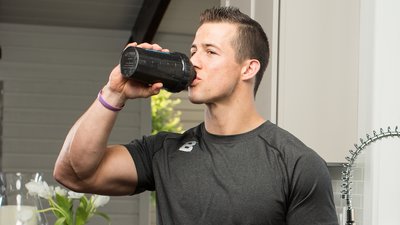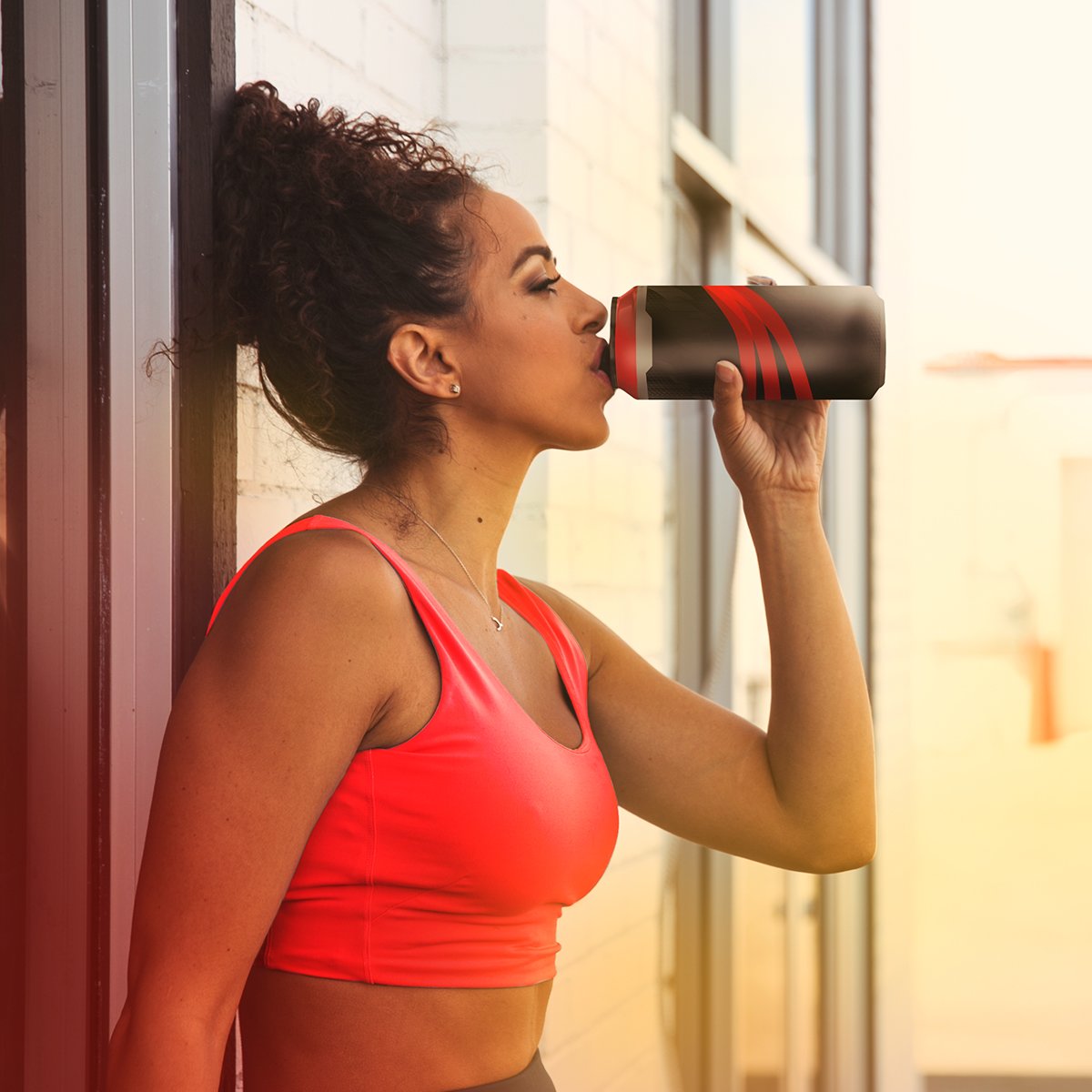This is a complicated question! If you only go to the gym to get a light sweat, then a pre-workout may not provide much benefit. But if you're someone who wants to turn serious training into serious results, a pre-workout can help. Say you're four weeks in to Jim Stoppani, Ph.D's Shortcut to Shred program, and you know you need a boost to make it through a leg day with cardio acceleration. You're hungry and sore, but the workout must be done! This is the mindset that leads many to take their first pre-workout.
Anyone who feels like they need an energy boost in the gym, or who has an ambitious PR in their sights, is a prime candidate for a pre-workout supplement. However, even with the best pre in your gym bag, the best benefits are achieved over time with consistent training, continued use, adequate nutrition, and appropriate rest and recovery.
There's a good reason exercise physiologist Krissy Kendall, Ph.D., includes the pre-workout staple ingredients of caffeine, BCAAs, citrulline malate, and other NO boosters on her list of "The 8 Best Supplements for Strength Athletes and Bodybuilders."
However, if you know that you're highly sensitive to caffeine, you may benefit more from a low-stimulant or stimulant-free pre-workout. Since many pre-workouts do contain stimulants—and some of them contain a lot of stimulants—check with your doctor first if you have any health conditions that might cause adverse reactions to them.
Parents should also be cautious about giving a stim-heavy pre-workout to adolescents, and no, they're not a good idea for young children. If your child is getting serious about training, tell them they should be able to motivate themselves to get to the gym and work hard first. The intensity-boosting supplements can come later, after they've built a solid foundation.


